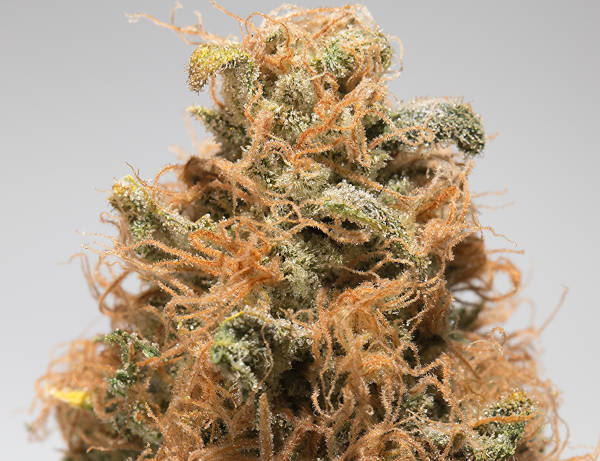The U.S. market for cannabidiol (CBD) oil is about to explode, and Criticality, an integrated industrial hemp company, is in a prime position to serve it. On March 12, the company inaugurated a 55,000-square-foot, state-of-the-art extraction and purification facility in Wilson, North Carolina, USA. In a ceremony attended by employees, business partners and press representatives, senior management and local dignitaries cut a ribbon and wrote a new chapter in Criticality’s remarkable history.
Derived from hemp plant, CBD can be used to treat a variety of health issues, including anxiety, insomnia and chronic pain. According to Harvard Medical School, it has also been proven to be effective in treating childhood epilepsy syndromes that typically don’t respond to antiseizure medications.
Like marijuana, hemp is a species of cannabis. Both species contain tetrahydrocannabinol, a potentially psychoactive constituent. However, the levels in hemp are so low—less than 0.3 percent—that products derived from hemp do not intoxicate the user.
In recent years, CBD sales have skyrocketed. In the U.S. alone, CBD consumption increased from $108.1 million to $512.7 million between 2014 and 2018, according to the Hemp Business Journal. This year, the publication forecasts sales of $813.2 million. But the real growth has yet to come. Analysts of the Brightfield Group expect the U.S. CBD market to hit a whopping $22 billion by 2022.
Much of that growth is related to the legalization of industrial hemp and related products. The 2014 U.S. Agricultural Act permitted select research and state departments to grow industrial hemp as part of agricultural pilot programs. Criticality joined North Carolina’s program, following the state’s legalization of medical marijuana in 2014.
In 2017, Pyxus International, the parent company of leaf tobacco merchant Alliance One International, purchased a 40 percent share in Criticality. Faced with declining demand for tobacco, Pyxus has been exploring new business opportunities where it can leverage its expertise in agronomy and agricultural supply chains, along with its extensive farmer base.
According to specialists, there are many similarities between the cultivation of tobacco and that of hemp. Tobacco transplanting equipment and curing barns, for example, can easily be adapted for hemp production. And now, the potential offered by CBD has been turbocharged by the 2018 U.S. Farm Bill, which became law in December and legalized the cultivation of industrial hemp nationwide, removing it from the Controlled Substances Act.
“Through our investment in Criticality […] our goal is to become a leader in the production of CBD and related consumer products,” said Pyxus President, CEO and Chairman Pieter Sikkel. “The opening of the facility is a critical step in achieving that goal and is a glimpse of what’s to come in the future.”
Unsurprisingly, many companies have entered the hemp business, hoping to cash in on the growing popularity of CBD. Criticality intends to set itself apart through meticulous attention to quality and compliance—both with current and future regulations. During the Wilson ceremony, Criticality CEO Brian Moyer said the company is committed to producing a fully traceable product, using good manufacturing practices and meeting all applicable dietary supplement guidelines.
Criticality’s Chief Technical Officer Jose Martinez compares the company’s CBD extraction process from hemp to the process used by coffee manufacturers to remove caffeine from beans. But rather than using environmentally harmful solvents, he says, Criticality relies on carbon dioxide, one of the most common elements in nature. While carbon dioxide is also a greenhouse gas, Martinez is quick to point out that the extraction process does not generate carbon dioxide; the gas used already exists.
Wilson Mayor C. Bruce Rose and Wilson Chamber of Commerce President Ryan Simons praised not only Criticality’s innovative spirit but also the company’s contribution to the local economy.
The factory is expected to generate 88 relatively high-paying jobs by 2024—a figure that might increase even further if the hemp market continues its current growth trajectory.
Anticipating strong demand, Moyer noted that the facility has been designed with expansion in mind. “This factory is only the beginning,” he said.













